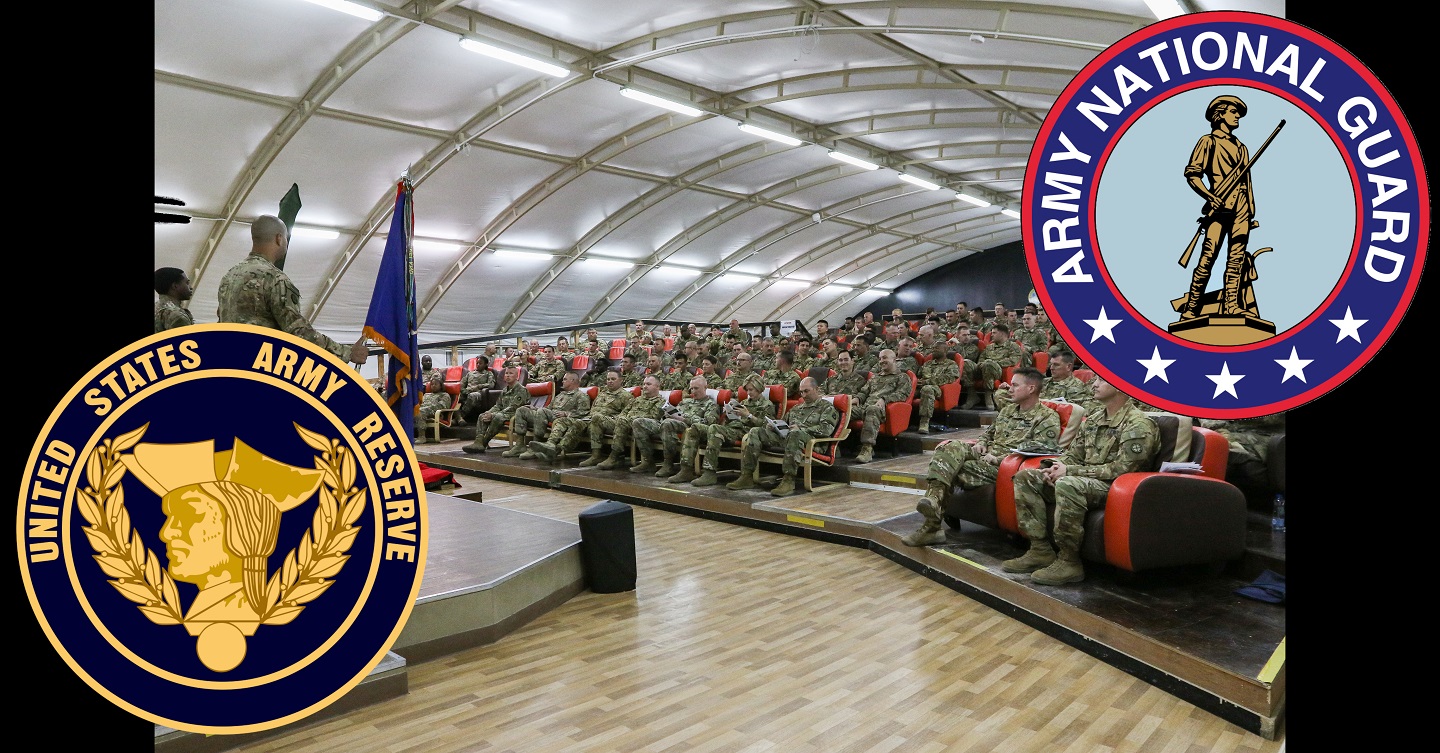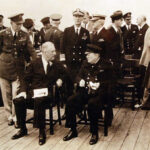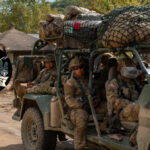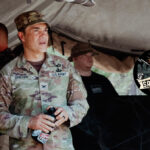
The DoD has touted the civilian expertise of the National Guard and Reserve members of the force for years. Whether it was the small town mayor or civil engineer working Civil Affairs, or the physician or aviator applying their civilian “day job” skills directly to their military career fields, there are a number of incredibly successful matches that make the reserve component of the force invaluable. But what about all of the folks that have military jobs that look nothing like what they do in the civilian world? Andrew Vidourek and Rob Gerlach want to make sure the Army knows about all of the skills that exist among Guard and Reserve personnel, and specifically those that aren’t properly matched. They join podcast editor Ron Granieri in the virtual studio to pitch a new approach to better talent management through technology. Their plan is to create a database of certified civilian expertise that is accessible, searchable and readily matches people to jobs that suit their talents. Their goal is to improve recruiting, retention, job satisfaction and ultimately lethality in the reserve component.
What we’re talking about is beyond [ACASP] — soldiers that are already in the guard — is there a way to document the civilian acquired training and experiences that they’ve gained while in the guard that could then be a benefit either to them or the guard?
Podcast: Download

LTC Robert Gerlach is an Army reservist who received a direct commission as a medical service officer in 2001. Prior to his arrival at Carlisle he was assigned to the newly formed Army Enterprise Marketing Office in Chicago, IL where he developed strategic marketing programs. Employed by Sears since 1986 he is a divisional vice president in charge of various marketing programs. He is a graduate of the AY21 Resident Class at the U.S. Army War College.
LTC Andrew Vidourek is a traditional guardsman in the Oregon Army National Guard with multiple deployments to Iraq. He is a licensed geologist in the state of Washington. He is a graduate of the AY21 Resident Class at the U.S. Army War College.
Ron Granieri is an Associate Professor of History at the U.S. Army War College and the Editor of A BETTER PEACE.
The views expressed in this presentation are those of the speakers and do not necessarily reflect those of the U.S. Army War College, U.S. Army, or Department of Defense.
Photo Description: U.S. Army Soldiers fill the USO theater at Camp Buehring, Kuwait, in preparation for a transfer of authority ceremony Apr. 29, 2019. The 1st. Battalion, 108th Aviation Regiment, Kansas Army National Guard, provided aviation support to the 35th Combat Aviation Brigade, Missouri Army National Guard and its subordinate units during their 2018-2019 deployment to the Middle East, supporting Operations Inherent Resolve and Spartan Shield.
Photo Credit: U.S. Army National Guard photo by Sgt. Emily Finn





As a retired COL from the MEARNG, I appreciate the podcast and agree with the need for better tracking of civilian skills of our SMs. However, as a former deputy G1 and G1, one of the missing issues from the discussion (which may be addressed in the article) is unit readiness. If civilian acquired skills do not lead to an MOS or an SQI needed in a unit, the SM may not be promoted or eligible for a bonus. Unit commanders may not want the person if they will not increase unit readiness. Many deployments have been based on qualified SMs in the appropriate slots. Also, most MOS’ are awarded from a schoolhouse and I am not sure they will award the MOS based on civilian skills. Their funding comes from student throughput and I submit most training institutions will not be able to translate civilian syllabi to to understand if the course meet Army requirements.
Good luck with the article.
COL (ret) Michael Pooler, DDE ’13